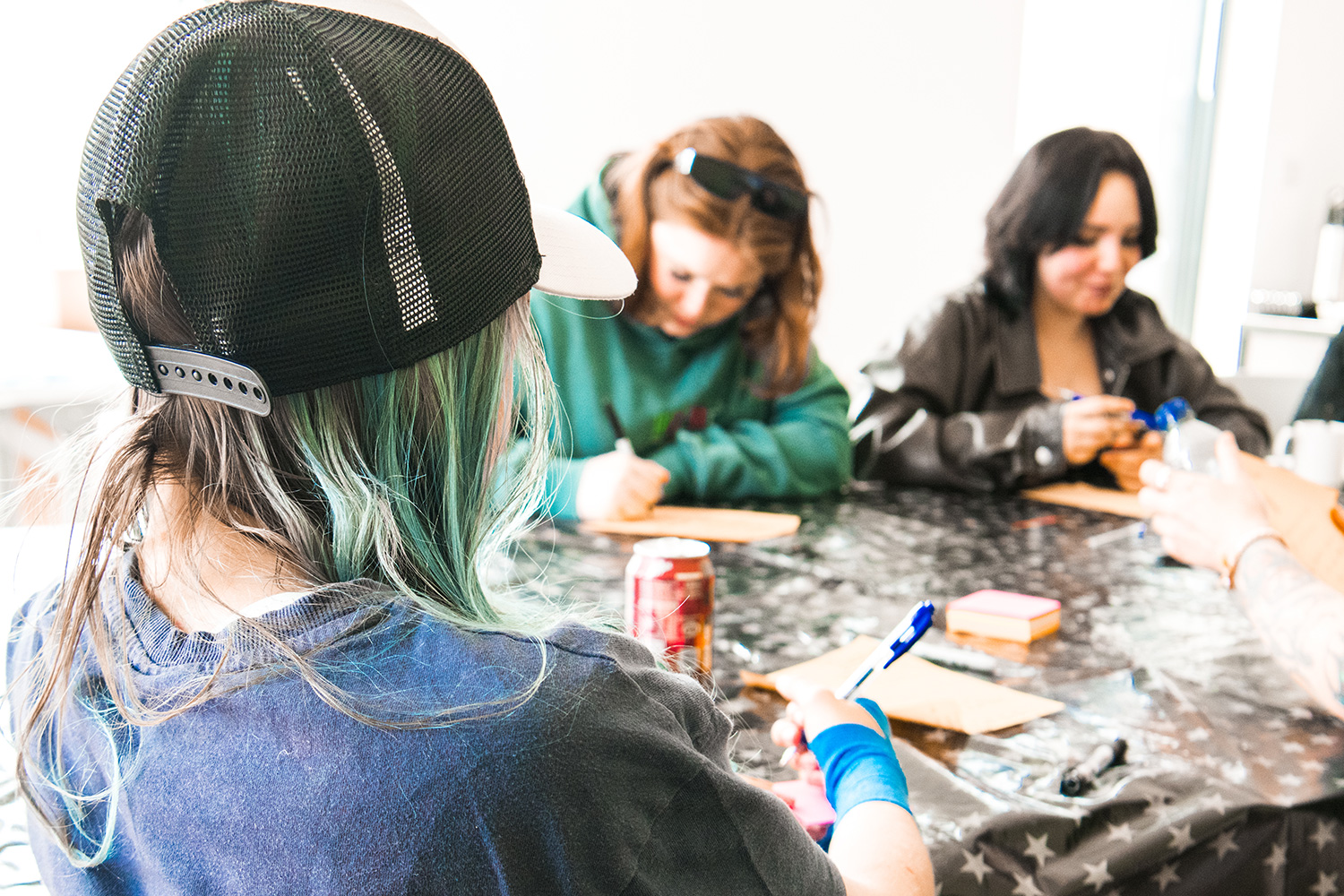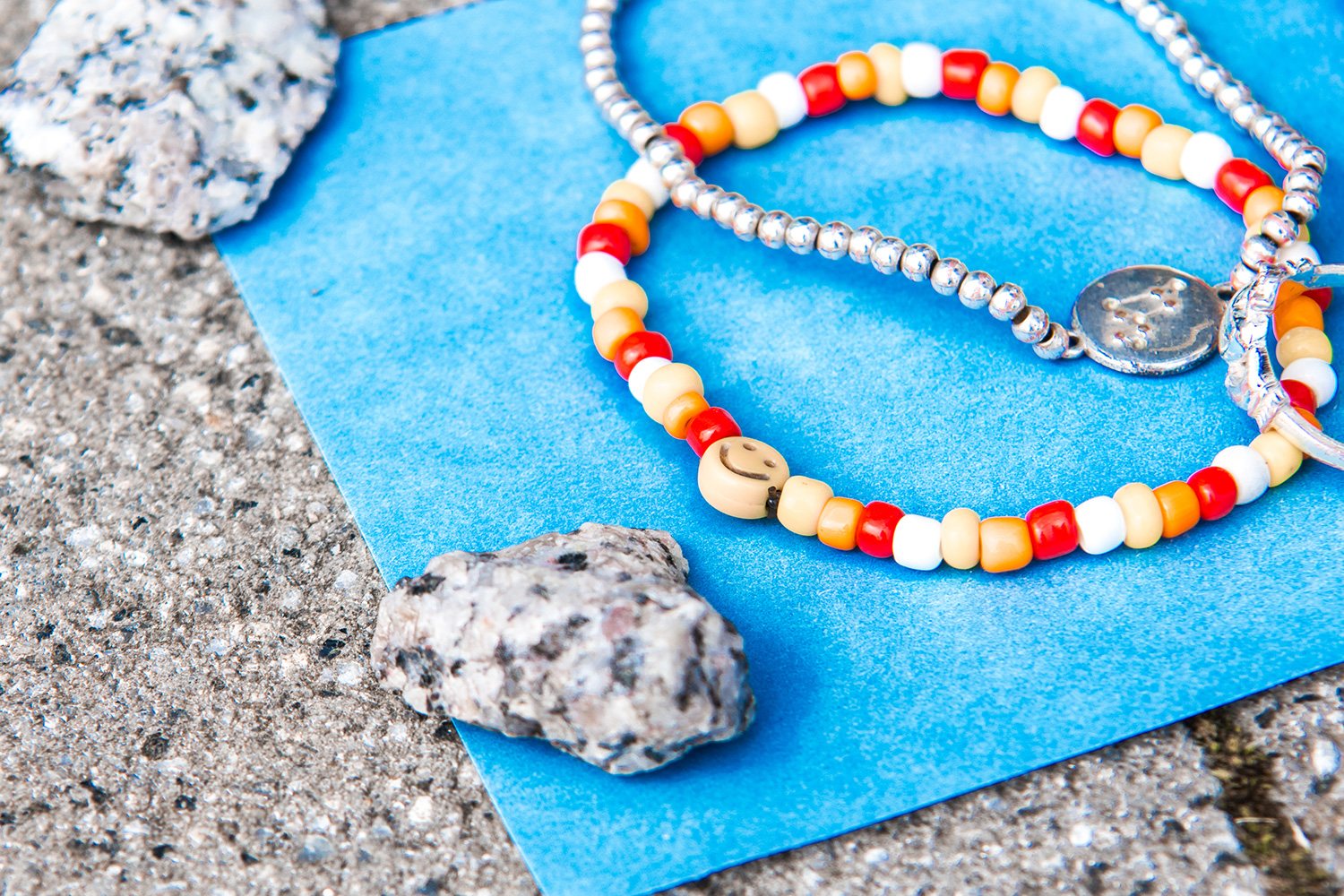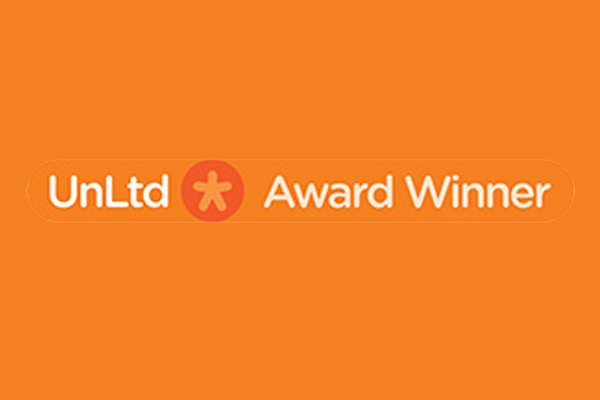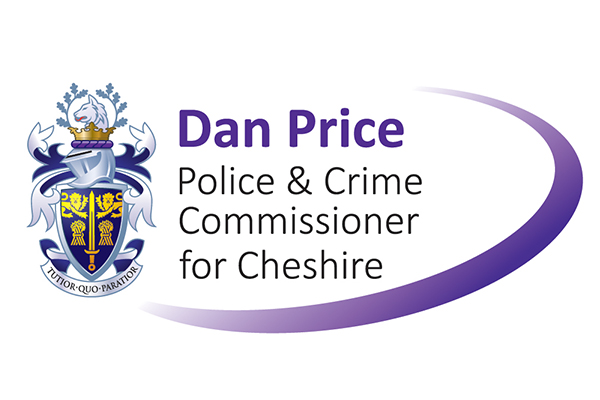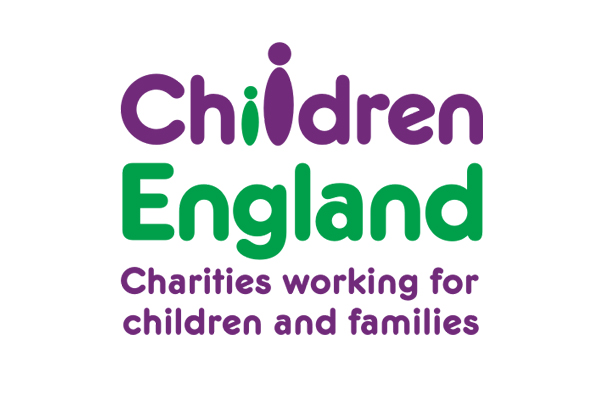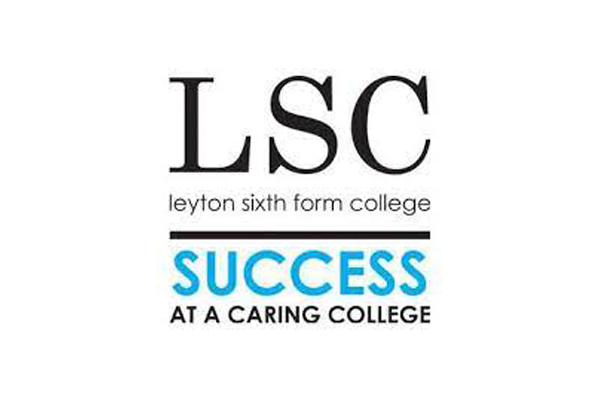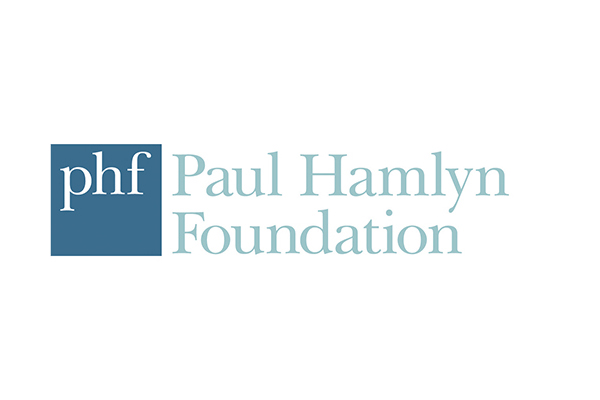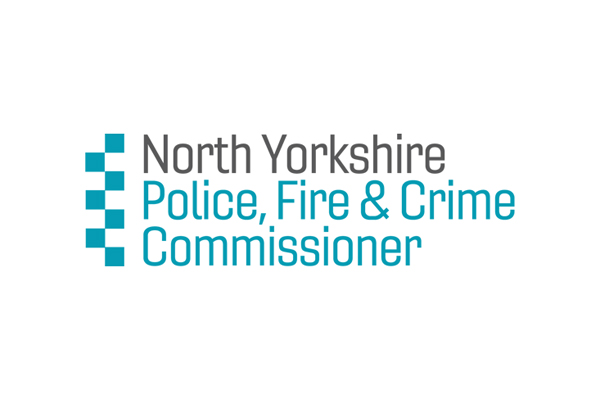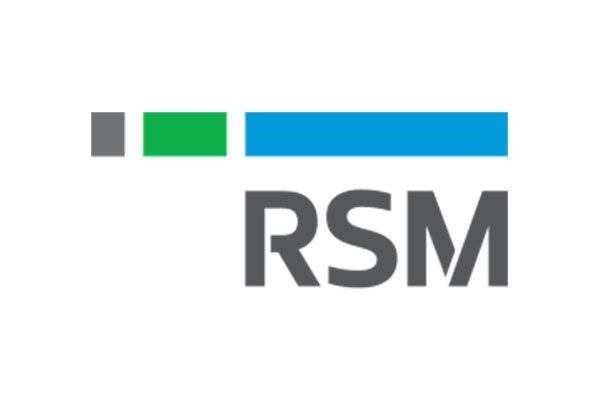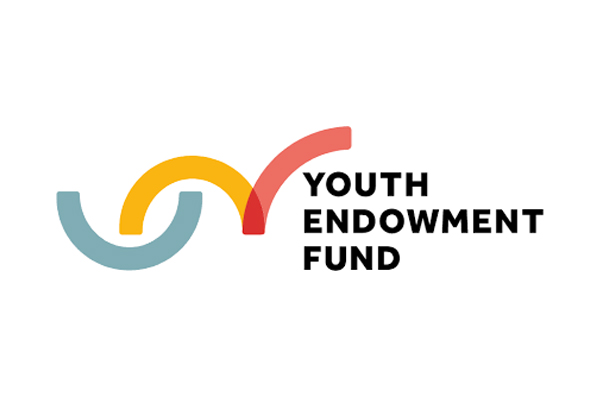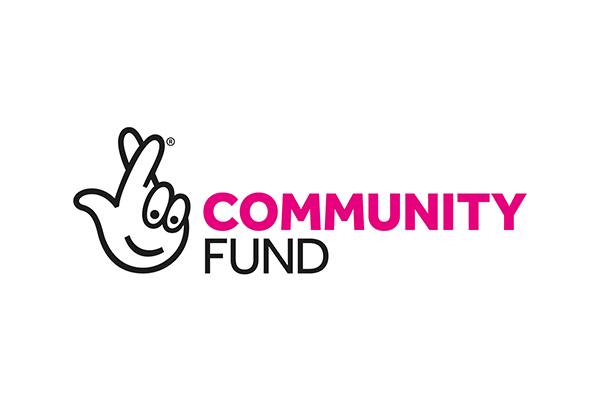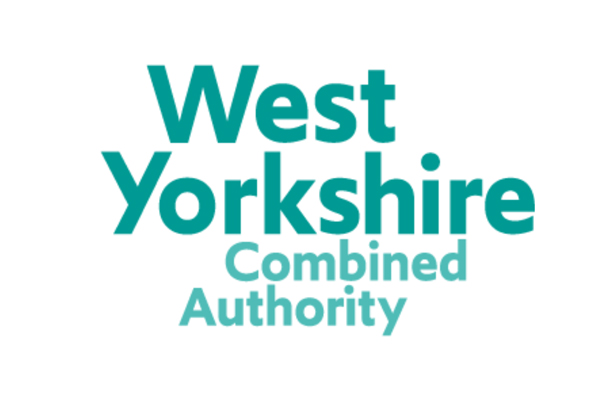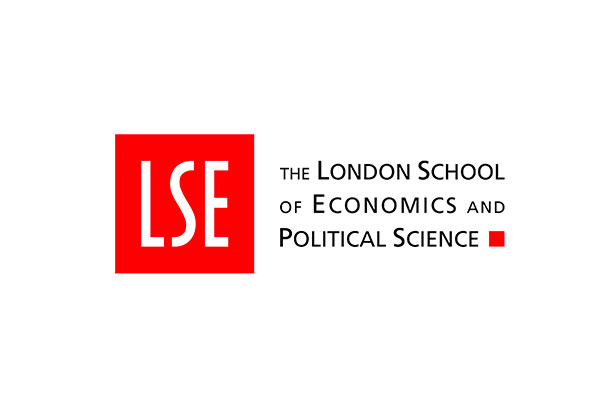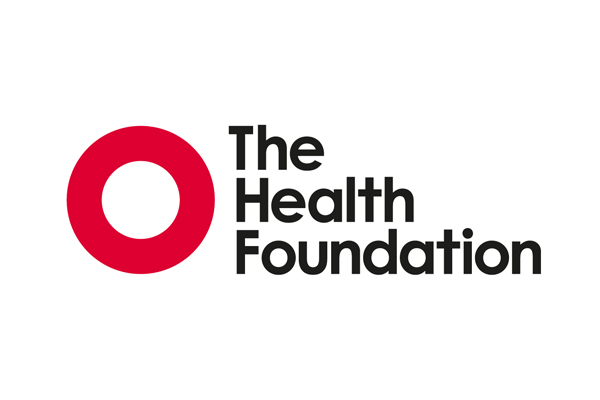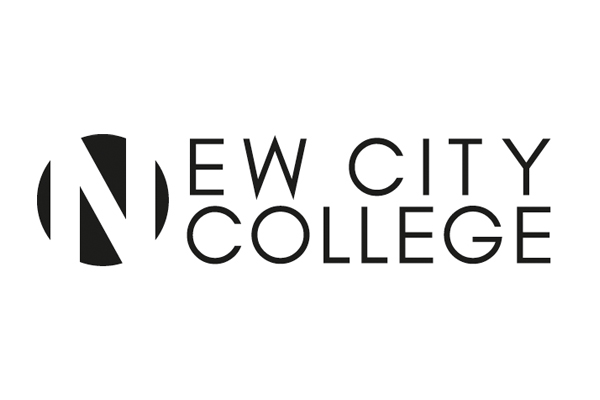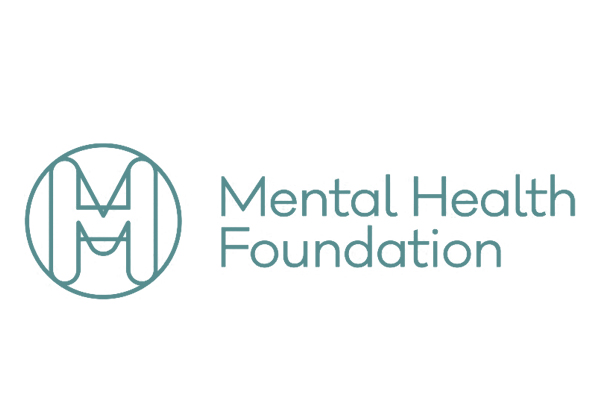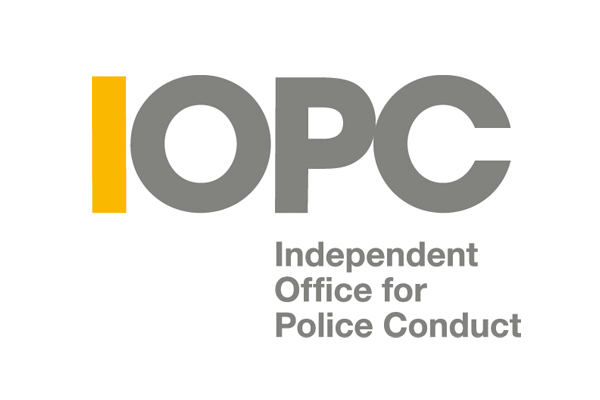Project Progress
Project Progress is a youth-led anti-bigotry project which has been funded by The National Lottery Community Fund for three years.
Its origins come from the North Ayrshire Mental Health Commission, which saw over 1200 young people engaged and in every locality, ‘Bigotry and Discrimination’ was highlighted as having a negative impact on young people’s mental health.
Project Progress aims to create materials which highlight the impact of bigotry and discrimination on young people and our communities, as well as offering routes to tackle it.


